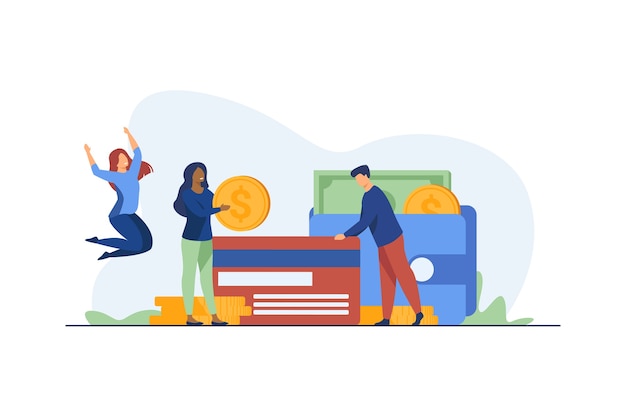
Unraveling the Best Choice for You: Demystifying Student Loan Refinancing and Forgiveness

Student Loan Forgiveness vs Refinancing: Which One is Right for You?
Did you know that there are ways to lighten your student loan burden? Two of these are student loan forgiveness and student loan refinancing. Let’s dive into both options and figure out which one might be best for you.
First off, what does student loan forgiveness mean? It’s about canceling some (or even all) of your student loans. You might have heard about Public Service Loan Forgiveness (PSLF) or Income-Driven Repayment (IDR) loan forgiveness. Each of these has its own rules, so here’s a little more context.
PSLF is a government initiative. You make 10 years of student loan payments, and then the remainder of your debt is forgiven. But also, during those years, you need to work in the public sector like non-profit organizations or government agencies.
To be considered for PSLF, you’ll need federal Direct Loans (or you can convert other loans to Direct Loans) and be on one of the four IDR plans. Don’t worry, forgiven debt is not seen as income, so it’s tax-free.
IDR loan forgiveness forgives any leftover debt after you’ve made payments for 20-25 years. This approach has its benefits, like not needing a specific job or employer. However, IDR forgiven loan can be considered taxable income so beware of a potential tax bill.
Besides these, you have other ways to lighten the loan load, especially if you work in health services or the military. You’ll need to look into each one and learn about its specific rules.
Next, when should you consider loan forgiveness? It’s a smart move if you’re already considering working for the government or a nonprofit. Also, if your debt-to-income ratio is high (which means your debt payments are much larger than your salary) loan forgiveness may help to lower your monthly repayments and free up money for other significant life goals, like buying a house or starting a family.
On the other hand, student loan refinancing is about getting a private lender to pay your federal or private loans, giving you new terms and potentially a lower interest rate. But do note, you will lose out on some federal benefits, such as deferment, forbearance, and forgiveness options.
So, when should you go for refinancing? If you can secure a higher-paying job outside of the public or nonprofit sector, or have a good salary already, then refinancing could lower your overall debt.
Deciding how to manage your student loans is a big deal. It’ll impact your financial health for quite some time. So, take some time to use online tools, like a student loan calculator, to help you make an informed decision.
The decision between loan forgiveness and refinancing may seem daunting, but remember, you don’t have to go it alone. Explore your options and don’t hesitate to seek help if necessary!


